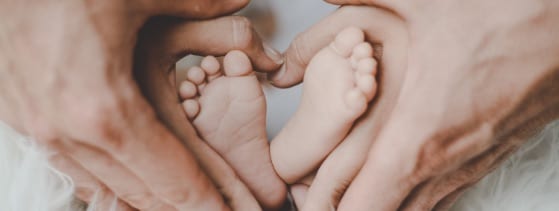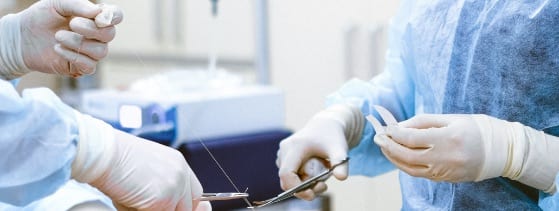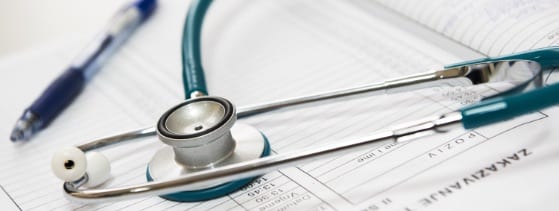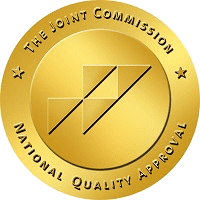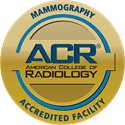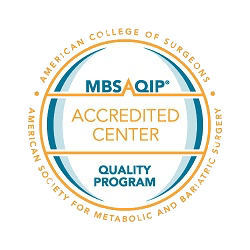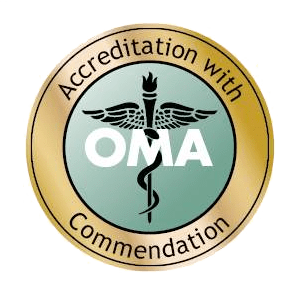Frequently Asked Questions for Surgery Patients
Here are answers to questions that patients often have prior to scheduling an elective orthopaedic surgery at Bay Area Hospital
During Your Hospital Stay
When will my family or friends be able to see me after surgery?
Your family and friends can wait in the family waiting areas until you are settled in your room and all needed nursing assessments are completed. Rest is important. It is often necessary for the nursing staff to interrupt rest periods. You can request no visitors even if it’s for only a short time during your day. All visitors should wash or sanitize their hands.
How soon will I be eating after surgery?
To allow your body to recover from anesthesia and lessen problems with nausea and vomiting, gradually taking fluids and food is best. You will start on clear liquids and advance to a normal diet as tolerated.
How soon will I be able to get out of bed after surgery?
You will be assisted to reposition in bed for your comfort or dangle your feet at the bedside with assistance. You will start your activity with the physical therapist and/or nursing the day of surgery.
Will I be able to toilet myself after surgery?
We ask that until we determine that your anesthesia has worn off and that your balance and gait are within normal limits, you call for assistance to go to the bathroom. We will allow you privacy when toileting.
When will I be able to shower after surgery?
You may shower 48 hours after you are discharged from the hospital. You will not be allowed to soak in a bathtub or hot tub until your incision is well healed.
How will I bathe while I’m in the hospital or at home?
The nursing staff will provide assistance for you to have a bath with lanolin-based wipes daily. We will expect you to do as much of the bath as you are able. There are rinse-free shampoo caps available for your use.
When will my dressing be changed after surgery?
Most surgeons will leave the surgical dressing intact for one or two days. Your dressing may need to be changed sooner, depending on drainage. Our surgeons use various types of dressings, and the patient will be given special instructions for their specific type at the time of discharge.
Will I have staples in my incision?
Surgeries are generally closed with dissolvable sutures and Steri-Strips. Steri-Strips are small strips of adhesive bandage that assist in holding your incision together. You should never remove your Steri-Strips yourself. You should let them dry and fall off on their own.
How long will I be in the hospital?
Your length of stay depends on how you progress after surgery. There are certain goals you must meet for a safe discharge. This includes being able to walk and apply any bracing with little or no assistance, tolerating diet and fluids without nausea, and good bowel and bladder function.
What transportation will I need to go home from the hospital?
You may go home in a private vehicle of your choice. Be sure the vehicle has plenty of legroom, a seat that reclines and is not too high or too low to get in and out of safely. You will need assistance with transfers in and out of the vehicle until you are stronger and able to do more for yourself. Local transportation services to home are available. There is a fee for this service. Let your nurse or discharge planner know if you would like this arranged.
After You Leave the Hospital
Will I need to have someone stay with me for a while after I leave the hospital?
It is a good idea to have someone stay with you for a few days after you have had surgery. You will need help changing your dressing or help with cooking and cleaning. It is helpful to have your meals planned ahead as much as possible before your surgery. It is nice to have someone with you if some kind of help is needed. That person should be willing to help in the bathroom.
What if my pain is not managed adequately at home?
You will need to continue to take pain medication as prescribed to adequately control your pain when you go home. Ice can be helpful to reduce swelling and relieve pain. Pain is a signal to slow down, so remember to lie down and rest. Notify your physician if your pain is not managed well with your medications.
How soon will I be able to return to normal daily activities?
The sooner you become active, the sooner you will get back to normal. However, you also need to protect your back so that it can heal. Try to increase your activity level steadily but gradually. Be sure to follow any guidelines from your doctor and physical therapist. By about the sixth week, your back is well on the way to healing. If you are using correct posture and movements and are exercising regularly, you should feel better and be able to do more each week. Remember that pain is a warning sign to slow down.
When will my partner and I be able to be intimate?
You need to be aware of certain precautions with regard to positions during intimacy. Side-lying positions may be more comfortable. Avoid arching your back. This is something you should discuss with your surgeon and or physical therapist prior to your surgery.
When will I be able to drive?
Certain activity restrictions and the use of pain medication may keep you from driving safely. You will need to have someone drive you to your appointments until these restrictions are no longer a consideration. Talk with your surgeon during your follow-up appointment.
